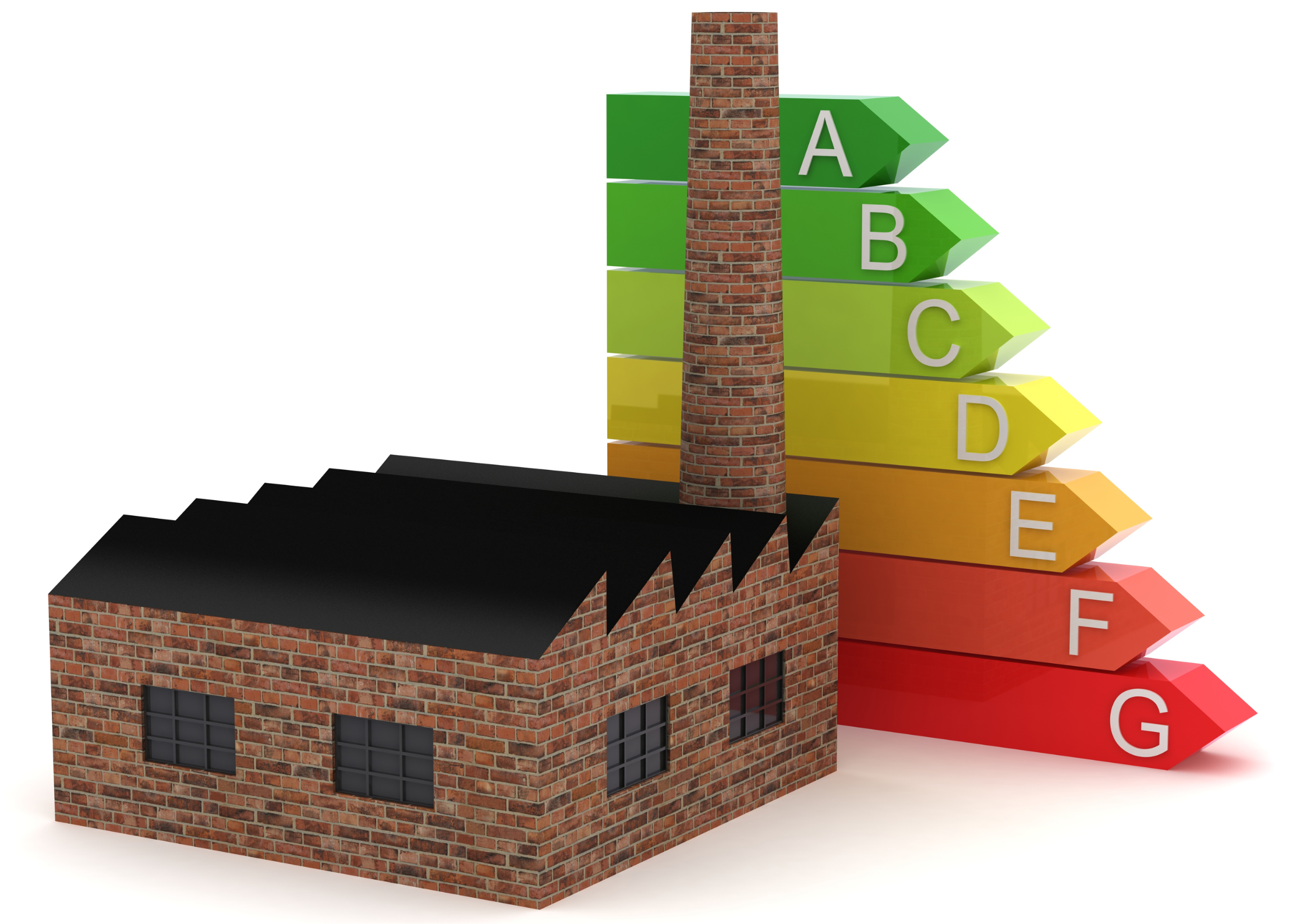
MEES – The next chapter
9th March 2023
The 1st April 2023 will bring about the next phase of the Minimum Energy Efficiency Standard (MEES). The Regulations will now also apply to Existing Leases of “sub-standard” commercial property. The Regulations previously only applied to new leases but as of 1st April 2023 they will extend to existing leases.
As of 1st April 2023 it will be unlawful for Landlord’s of commercial premises to continue letting a property with an EPC rating lower than minimum standard E (a sub-standard property). The following circumstances are exceptions to this rule:
- Where the landlord has registered an exemption on the Private Rented Sector Exemptions Register; or
- All relevant works have been carried out, but the property still remains substandard and an exemption to this effect has been registered.
Commercial landlords are therefore advised to review their property portfolios and carry out improvement works to sub-standard property as a matter of priority. It is envisaged that by 2027 MEES must be at a minimum C standard and by 2030 minimum B standard.
Where a landlord continues to let sub-standard property, financial penalties of up to £150,000 (calculated on the rateable value of the property in question) can be imposed. Non-compliant landlord’s may also be named.
There are permitted exemptions available to landlords, but they are only effective for 5 years and must be reapplied for after expiry. Exemptions cannot be transferred to successors in title. The permitted exemptions are:
- Consent: where consent to the works cannot be obtained from a third party or such consent is subject to unreasonable conditions. The onus is on landlords to show they have made reasonable endeavours to obtain this.
- Diminution in value: where the works would reduce the market value of the property by more than 5%. A surveyor must certify this.
- New landlord: grace period where a property is purchased by a new landlord with a tenant in situ and that property is sub-standard.
- 7-year payback rule: where the cost of the works exceed the energy savings over a period of 7 years.
- Wall insulation exemption: a copy of written opinion from a relevant expert stating that a property cannot be improved to an E rating because the recommended wall insulation measure would have a negative impact on the property (this mainly applies to listed buildings).
The MEES do not apply where:
- Leases are of a term in excess of 99 years
- Short term tenancies of no more than 6 months (assuming the lease is not renewable under the Landlord and Tenant Act 1954 and provided the tenant has not previously been in occupation for more than 12 months), licences and tenancies at will.
- Buildings not required to have EPC’s e.g.: agricultural farm buildings, listed buildings.
- Buildings where the EPC is over 10 years old or there is no EPC. The grant of any new lease however will trigger the regulations coming into effect. There is a question mark over renewals.
Landlords are advised to act now and bring sub-standard property up to standard not only to avoid fines but to continue to let their properties, protect their investments and have the ability to raise finance where necessary. The government seem intent on increasing the threshold and standards and MEES are a key part of the Government’s drive towards net zero. Whilst this timetable to achieve the C and B rating may appear generous, early planning is essential, and many landlords will be concerned as to the financial and administrative burden placed on them by the new rules.
For further advice on this matter, or any information on buying, selling, or leasing commercial premises and you would like to talk to a specialist solicitor, then please get in touch with us.
Article written by Commercial Property Solicitor Bejul Lakhani-Lever
